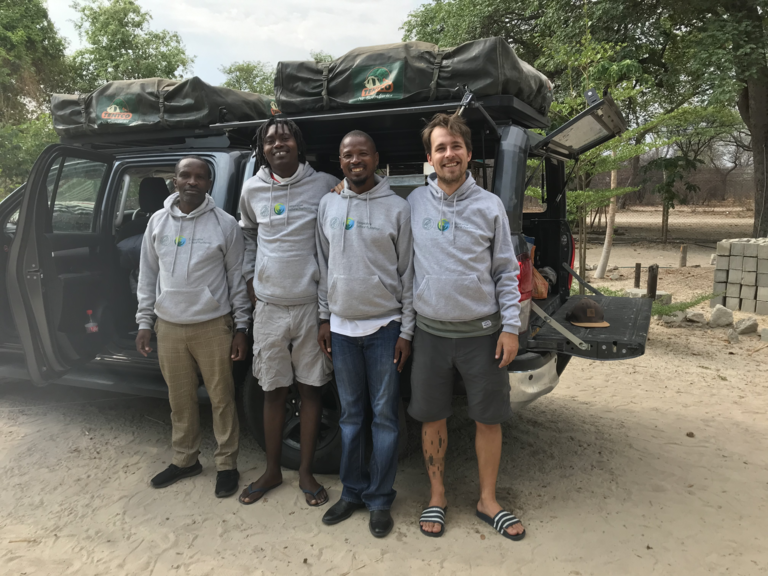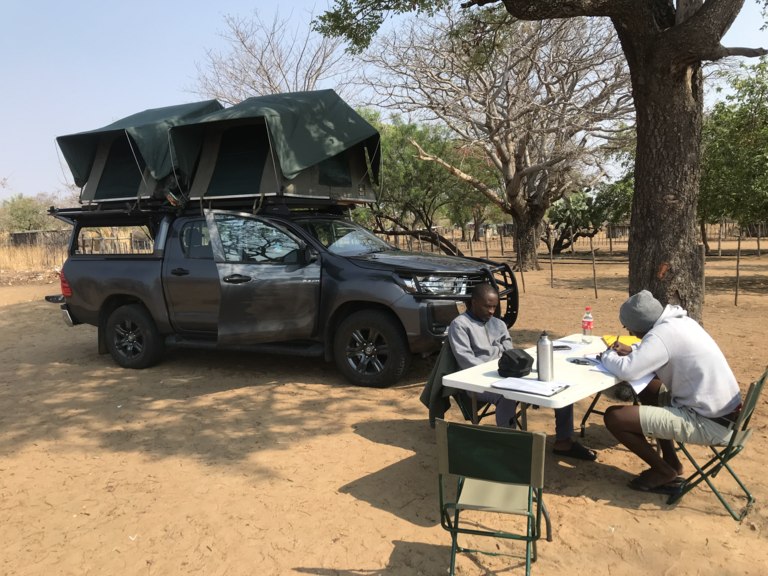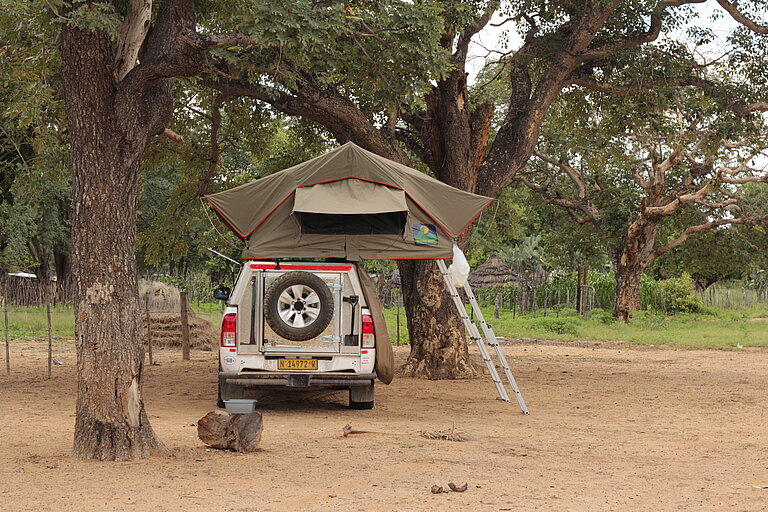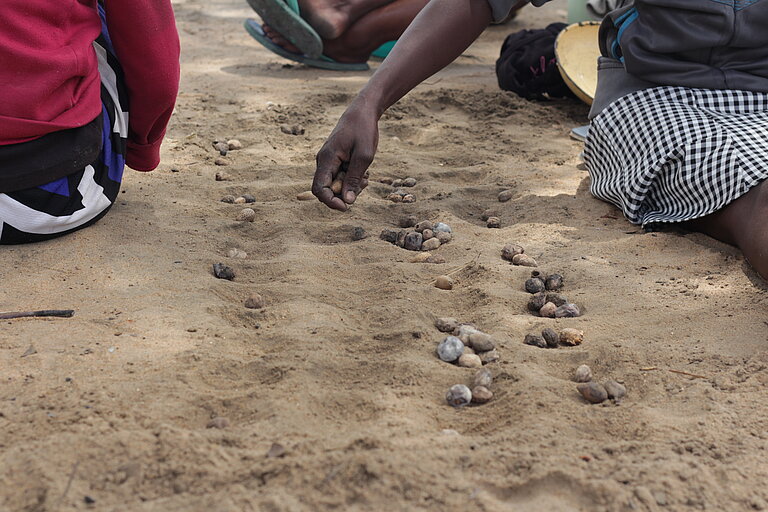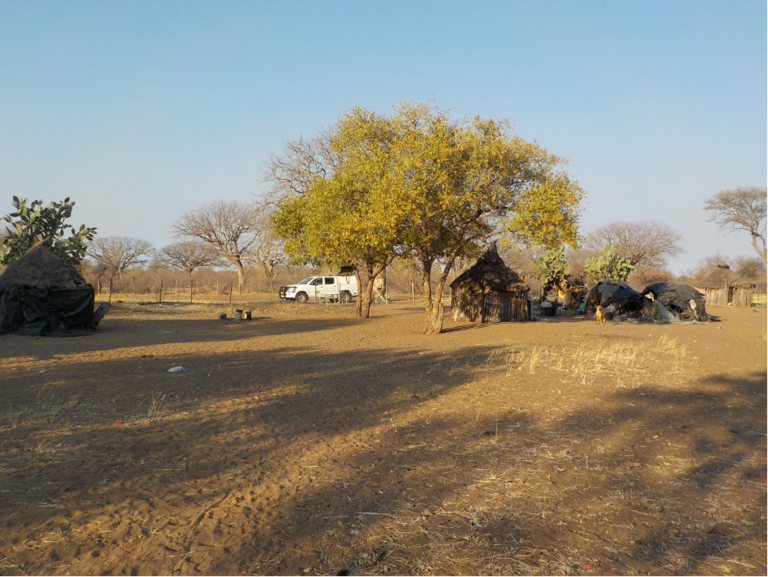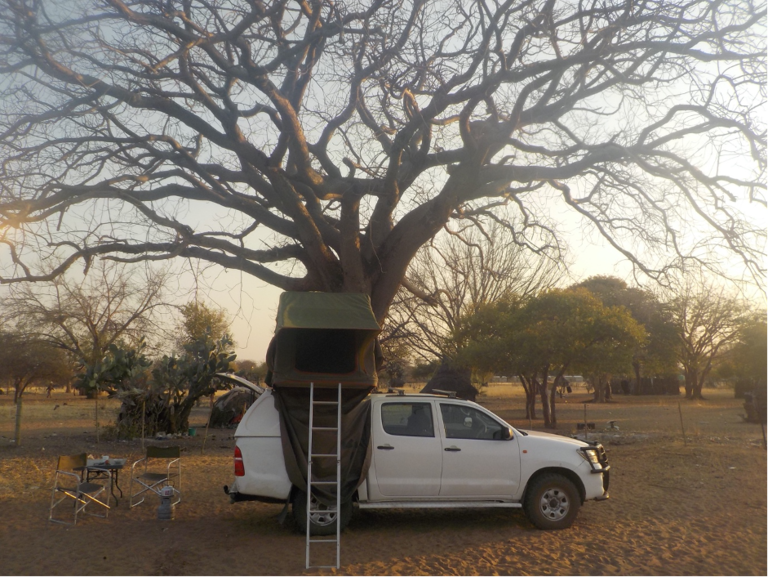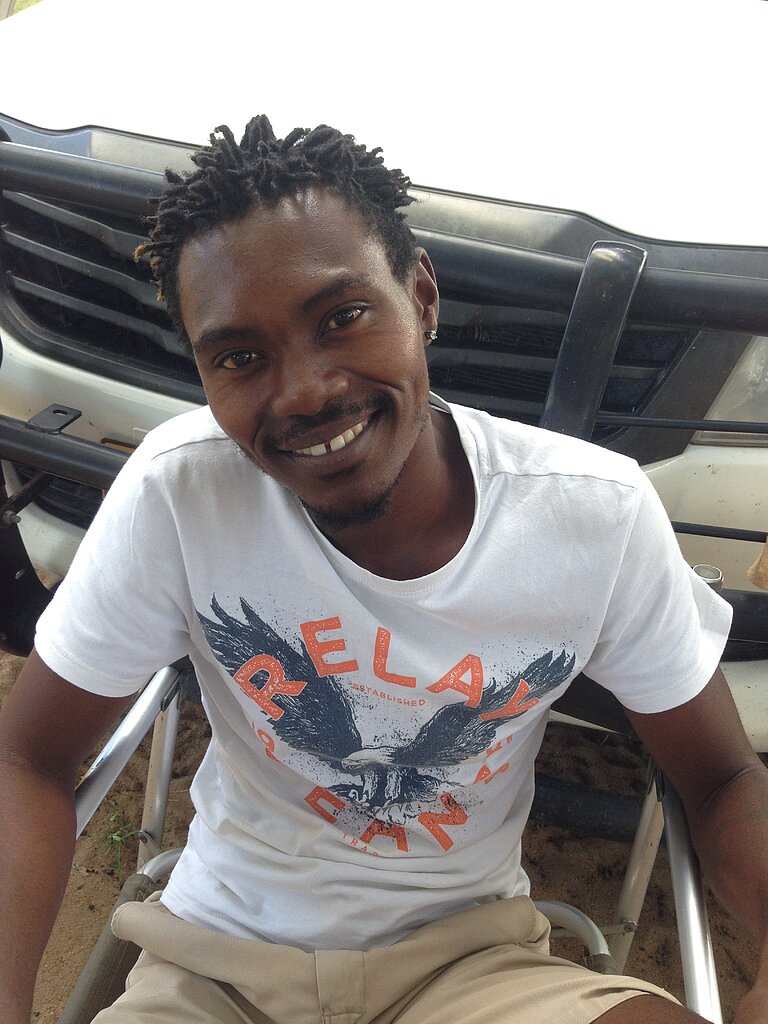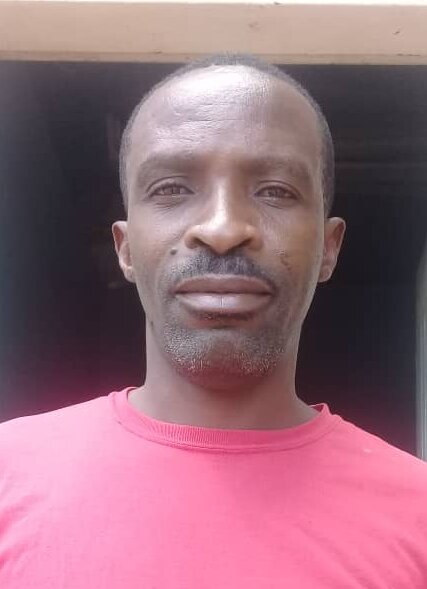Oshikoto Region
We are currently cooperating with different Hai||om and Ovambo communities in the Oshikoto region of northern Namibia. The climate in this area is best characterized as a dry savannah in which long dry seasons are only interrupted by short periods of severe rainfall. There are high temperatures throughout the day for most of the year. We are mostly working in rural communities (around 300 – 1000 inhabitants) which can only be approached through all-terrain vehicles or daylong walks in the heat, but have also expanded our work to more urbanized communities in the area.
The Hai||om are traditionally hunter-gatherers inhabiting the areas in and around the Etosha Pan, one of today’s most popular tourist attractions in Namibia. Nowadays, the Hai||om live in the surrounding areas of Etosha National Park and are no more allowed to practice some of their traditional subsistence behaviors. The Hai||om are one of the many groups of people that are commonly described as “San” and speak “Hai//om” or a dialect named “≠Akhoe”. These languages are Khoesan languages, which are often recognized by their use of “clicks”. The Hai||om organize their livelihoods following a mostly egalitarian ethos in which strict hierarchies are rare and often counteracted. Here, children are equipped with high levels of autonomy from early on, which means that they can freely structure their experience outside of school. Sharing with other members of the community forms another central schema among the Hai||om which is typical for their traditional lifestyle as hunter-gatherers.
The Ovambo are traditionally farmers and herders. They are well-known for farming cattle and harvesting “Mahangu”, a form of millet that is an essential ingredient in various traditional foods. The Ovambo communities hosting us emphasize social and age-related hierarchies to govern social life and child education in particular. From early on, children learn to respect authorities and acknowledge members of their extended families. Child fostering is a common practice in which children spend some years outside their nuclear families but with other relatives.
